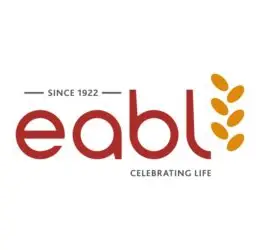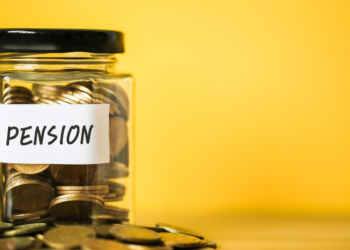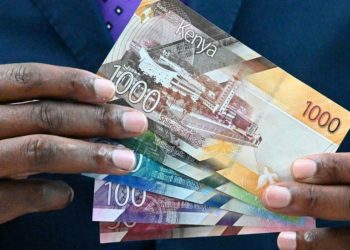East African Breweries PLC (EABL) has announced a 12.2% increase in after-tax profit to Kshs 12.2 bn for the financial year ended June 2025, from Kshs 10.8 bn performance fueled by revenue growth, lower finance costs, and foreign exchange gains.
The brewer’s net revenue climbed 3.8% to Kshs 128.8 bn for the year ended June 2025, from Kshs 124.1 bn in the same period last year, supported by increased demand for both beer and spirits across its East African markets. Gross profit edged up to Kshs 54.1 bn in June 2025, from Kshs 53.6 bn in June 2024, while Earnings Before Interest and Taxes (EBIT) improved slightly by 1.1% to Kshs 25.2 bn, from Kshs 24.9 bn. Profit before tax rose sharply by 15.1% to Kshs 19.3 bn, from Kshs 16.7 bn in June 2024.
A notable contributor to the bottom-line improvement was the reduction in borrowing costs. EABL’s cash position improved to Kshs 12.7 bn, while total debt declined by Kshs 8.3 bn. This financial flexibility was aided by a regulatory change in Kenya that now allows the company to remit excise duty monthly rather than daily reducing the need for short-term debt previously used to meet daily tax obligations.
In light of the strong financial performance, the Board declared a final dividend of Kshs 5.50 per share, bringing the total annual dividend to Kshs 8.00, a 14.3% increase from the previous year.
“The macroeconomic environment across the region remained stable, with steady economic growth recorded. In Kenya, interest rates declined while the Kenya Shilling appreciated against major currencies, reversing the depreciation experienced in the prior year. In Tanzania, interest rates remained stable while the currency depreciated against major currencies. Uganda remained largely stable,” EABL said in its commentary accompanying the financials.
These results follow recent announcement of new policies proposal by the government through NACADA to control sale of alcohol by banning sales in supermarkets, restaurants, vending shops, online platforms and home deliveries as well as raising the legal drinking age from 18 to 21. This is in an effort to restrict public consumption, tighten advertising regulations and limit alcohol access to licensed outlets only.















